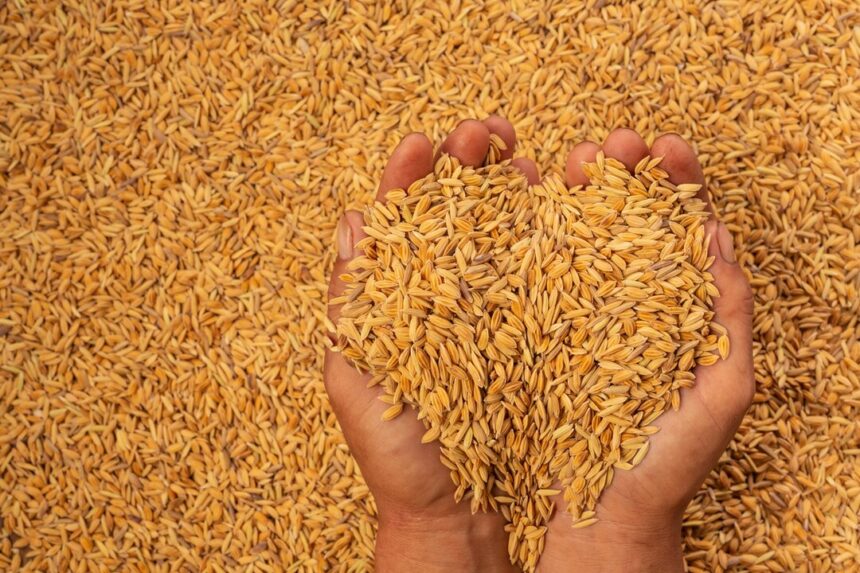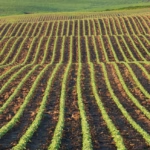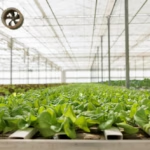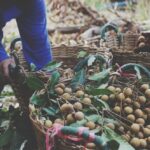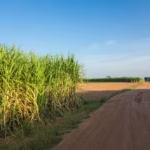Wheat production plays a crucial role in South Africa’s agricultural landscape, providing a staple food source for millions of people and supporting the economy through domestic consumption and exportation. To meet the growing demand for high-quality wheat while ensuring sustainable agricultural practices, farmers and researchers are continuously exploring innovative techniques to enhance both the quality and yield of wheat crops. From optimized agronomic practices to advancements in seed technology, here are some techniques for elevating wheat production in South Africa:
1. Soil Health Management:
Healthy soil is the foundation of successful wheat cultivation. Implementing soil health management practices such as crop rotation, cover cropping, and minimal tillage can improve soil structure, fertility, and water retention, leading to healthier wheat crops with higher yields. Soil testing and nutrient management strategies are also essential for optimizing soil fertility and addressing nutrient deficiencies to support robust wheat growth.
2. Improved Seed Selection:
Selecting high-quality, locally adapted wheat seed varieties is crucial for achieving optimal yields and quality. Research organizations and seed companies in South Africa continuously develop and release new wheat cultivars with improved disease resistance, drought tolerance, and yield potential. Farmers should choose seed varieties that are well-suited to their specific growing conditions and management practices to maximize performance and profitability.
3. Precision Farming Technologies:
Precision farming technologies, including GPS-guided tractors, drones, and satellite imagery, offer valuable tools for optimizing input use and maximizing wheat yield potential. By precisely applying fertilizers, herbicides, and irrigation water based on real-time field data and crop requirements, farmers can minimize input costs, reduce environmental impact, and enhance overall crop performance.
4. Integrated Pest Management (IPM):
Pests and diseases pose significant challenges to wheat production in South Africa. Implementing integrated pest management (IPM) strategies, such as biological control, crop rotation, and resistant varieties, can help minimize pest pressure and reduce the need for chemical interventions. Regular scouting and monitoring of fields are essential for early detection and timely management of pest and disease outbreaks.
5. Water Management Practices:
Effective water management is critical for optimizing wheat yield and quality, particularly in regions prone to water scarcity and drought. Implementing water-saving technologies such as drip irrigation, moisture sensors, and deficit irrigation strategies can improve water use efficiency and ensure that wheat crops receive the right amount of moisture at the right time, minimizing yield losses due to water stress.
6. Post-Harvest Handling and Storage:
Proper post-harvest handling and storage practices are essential for preserving wheat quality and minimizing losses due to spoilage and contamination. Implementing careful harvesting techniques, timely drying, and proper storage conditions can help maintain grain quality and minimize the risk of pests, mold, and mycotoxin contamination, ensuring that harvested wheat meets market standards and commands premium prices.
7. Continuous Learning and Adaptation:
In the dynamic agricultural landscape of South Africa, continuous learning and adaptation are key to staying ahead of challenges and maximizing wheat production potential. Farmers, researchers, and agricultural extension services should collaborate to exchange knowledge, share best practices, and adopt innovative technologies and techniques that enhance wheat quality, yield, and sustainability.
By implementing these techniques for enhancing quality and yield, wheat producers in South Africa can achieve greater resilience, profitability, and sustainability in their operations. Through a combination of agronomic best practices, technological advancements, and continuous learning, South Africa can continue to strengthen its position as a leading producer of high-quality wheat, ensuring food security and economic prosperity for generations to come.

